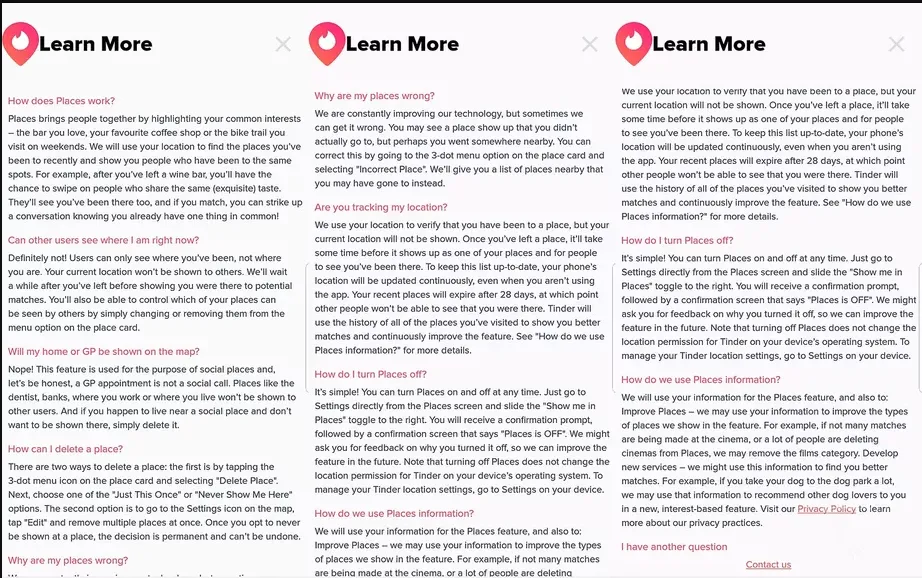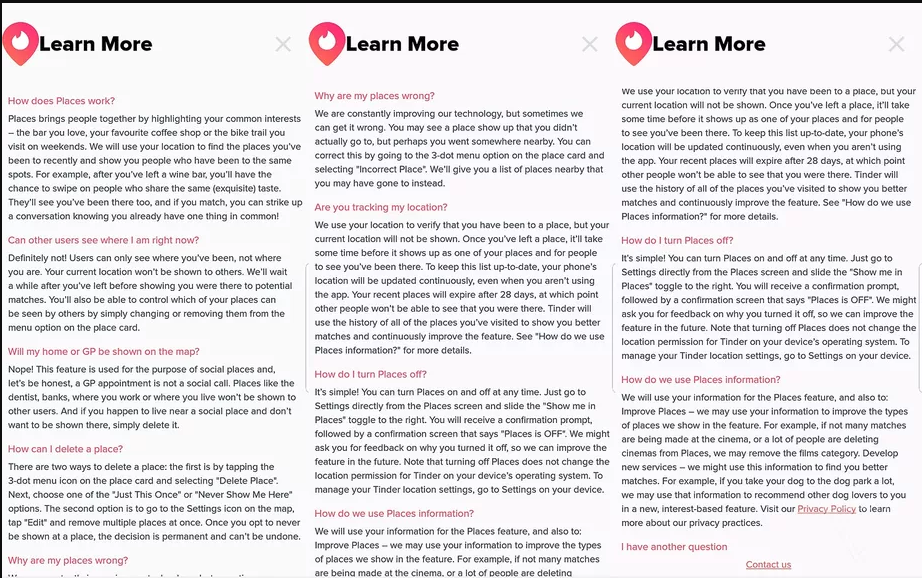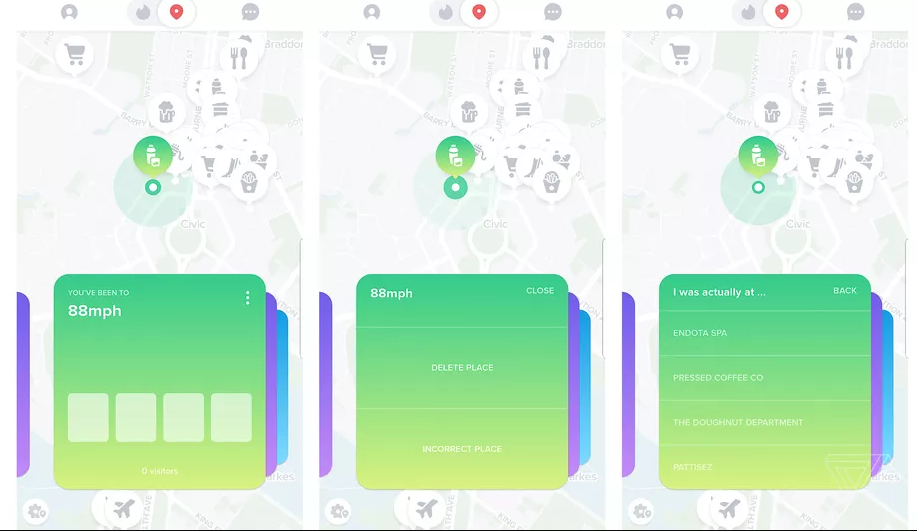
This map shows which countries censor the Internet today?
Internet censorship happens right across the world. In some places access to social media is forbidden, in others, such as the UK, internet service providers may only put a block on sites that may lead to pirated movies for example. Some countries are very liberal, others have strict content and access rules.
HINT: If you happen to live or traveling to one of these countries and you still want to use Facebook or Netflix you can use the VPN that can get around geoblocking due to effectively camouflaging you from your ISP. There are plenty out there and you can click here to find out more.
This awesome map provides a detailed look at varying levels of internet censorship around the world today. It’s worth taking a while to go thought it.

North Korea
As you’d expect, Kim Jong-Un is pretty tight when it comes to what’s being said online. All websites in the country are monitored by the government and in fact, only four percent actually have internet access.
You won’t be finding Facebook here!
Burma
Burma, as you’d expect, are also incredibly strict with all emails filtered by authorities.
This is to prevent access to sites that promote and expose human rights or anti-government sentiment.
Cuba
Cuba has wider access to the internet compared to the cities above, but can only be used at certain points, in which are government controlled.
The web is then monitored by the authorities and filter IP addresses, browse internet histories, with posting anti-regime content strictly forbidden.
Iran
Like many countries in the Middle East, any anti-government sentiment can end up given jail time and all bloggers must actually receive a form of licence from the Ministry of Art & Culture.
Saudi Arabia
Almost a carbon copy of Iran, access to content that in any way is opposed to political or religious beliefs are blocked.
It’s estimated that in all, 400,000 websites are blocked by the Saudi government.
Syria
Access to the internet generally has to be reported in Syria and anything that can be construed as a “jeopardy to national unity” will lead to the arrest of the writer.
It’s one of the most dangerous places to access the internet and if a Syrian wishes to visit an Internet cafe, they must provide ID, record the time and date and report that information to the government.
China
Widely regarded as the strictest when it comes to censorship.
The government will block sites, delete them and filter searches. In fact, they will even redirect some searches that promote countries’ independence to pro-communist party information.







